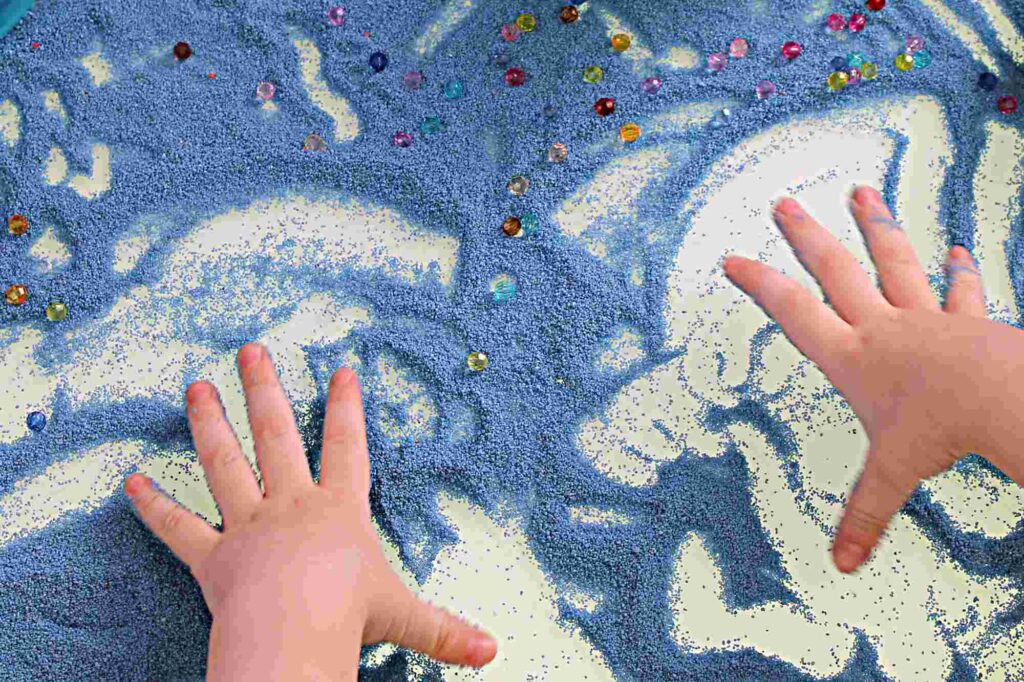ABA therapy has revolutionized the way we understand and approach autism. And the impact of ABA on the family has gone beyond what we imagined; there are many individual benefits it has for children with autism. It has a significant, positive impact on the entire family.
ABA Therapy: A Positive Transformation for the Whole Family
In this article, we will explore how ABA therapy can transform the lives of families, strengthening bonds, improving communication, and creating a more inclusive and loving environment.
Consequently, supporting families during ABA therapy is the primary goal when done with this approach; thus, it can improve the environment and quality of life of people who make life with others who have autism or other life conditions; increasing a better participation in society. Then, we can detail that ABA therapy in the family:
- Improved communication: teaches children with autism to communicate more effectively, which facilitates interaction with their family members and reduces frustration.
- Development of social skills: through ABA, children learn to relate to others more appropriately, which strengthens family bonds and fosters inclusion.
- Increased independence: ABA therapy works on developing daily living skills, allowing children to become more autonomous and reducing the burden of care for parents. Reduced stress and anxiety: by seeing their children’s progress and receiving support from a therapeutic team, parents experience decreased stress and anxiety.
- Family empowerment: provides families with the tools and knowledge needed to support their children’s development at home and in the community.
- Creating a more positive environment: ABA therapy fosters an environment of learning and positive reinforcement, which improves family dynamics and strengthens bonding.

Long-term benefits
The benefits of ABA therapy extend beyond the initial goals. In the long term, ABA can help children with autism and families, if early intervention therapy is done to:
Integrate into school and community: Children with ABA are more likely to attend regular schools and participate in social activities. With the skills acquired through ABA therapy, children can participate more actively in their social and academic environment. Increasing their inclusion and improving their self-esteem.
Developing meaningful relationships: ABA fosters social skills that enable children to establish lasting friendships and relationships. Teaching alternate skills to replace problematic behaviors including self-injury, violence, and tantrums.
Reaching their full potential: With early and ongoing intervention, children with autism can develop their skills to their fullest potential and lead full and satisfying lives. Life essentials such as verbal and non-verbal communication, social interaction, symbolic play and self-care skills.
How to choose an ABA program?
For the aba therapy effectiveness, you must select a suitable program, it is important to consider the following factors:
- Experience of the therapeutic team: Look for a team with extensive experience in ABA and a child-centered approach.
- Individualization of treatment: should be adapted to your child’s individual requirements.
- Communication with the family: It is essential that the therapeutic team maintains open and transparent communication with the family.
- Supervision and follow-up: Make sure the program includes regular supervision and progress monitoring.
The importance of early intervention
As we have repeated in other publications, the key to optimal development is to intervene early. With ABA therapy in what you suspect the child or children in general are having difficulties with learning (if you do not have a diagnosis). Also, in case of presenting physically and at first sight, another condition that may indicate that this person needs a treatment or behavioral therapy applied and specialized.

The true impact of ABA on the family will depend mainly on the early intervention of said therapy. That is, starting treatment as soon as possible after diagnosis, is crucial for several reasons:
Brain plasticity: during the first years of life, children’s brains are highly adaptive and receptive to new experiences and learning. Beginning ABA therapy at this stage allows to take full advantage of this brain plasticity and promote optimal development.
Prevention of secondary problems: Early intervention can help prevent the development of secondary problems associated with autism. Such as learning difficulties, more severe behavioral problems and social isolation.
Better long-term outcomes: Many studies have found that children who start ABA therapy early have better long-term outcomes than those who start later. This includes significant improvements in communication, social and academic skills, as well as greater independence and quality of life.
Conclusions on the impact of ABA on the family
ABA therapy is an effective intervention that not only benefits children with autism, but also the entire family. By improving communication, social skills and independence. The impact of ABA on the family creates a positive and lasting change in the lives of families.
Early intervention in ABA therapy is an investment in the future of children with “special” conditions. By beginning treatment as soon as possible, we can help these youngsters reach their full potential and have fuller, more happy lives.
If you are considering ABA therapy for your child, we recommend that you get informed and consult with specialized professionals to make the best decision for your child. Do not hesitate to consult with an ABA therapy professional in Miami Florida.






